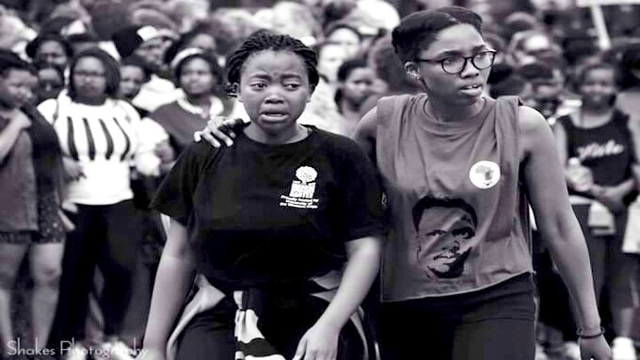
The Department of Politics and International Studies presents a Women’s month public dialogue titled uMama woManyano Ngumfazi: Ubufazi and Motherhood for Methodist Manyano Women tonight, 10 August at 18h00 at the Barratt 1 Lecture Theatre.
Lihle Ngcobozi, a PhD candidate at Rhodes will present the topic of her intense research. She will be joined by two discussants, Reverend Dr Vicentia Kgabe, Rector of College of Transfiguration in Grahamstown and Tandokazi Silosini, an Honours candidate in Politics.
Ngcobozi is a PhD candidate in the African Languages department and holds a BA and Masters Degrees in Politics and International studies. She studied the socio-political role of the Christian church based women’s uManyano (Methodist Women's Prayer) in post-apartheid South Africa. The study is based on life history interviews conducted with ooMama boManyano in KwaZulu Natal.
UManyano is the Methodist Women's Prayer and Service Union for which women with full membership of the Methodist Church of Southern Africa are eligible for membership within the organisation.
In South Africa there are 62 000 members, who are all committed to fulfilling the common vision of the organisation which is currently dealing with the scourge of women and children abuse.
Her keynote will focus on the themes of ubufazi (womanhood) and motherhood to argue that womanhood for ooMama boManyano is complicated in its understanding and has different political and cultural meanings.
“Their political meaning of womanhood acknowledges the patriarchal nature of the conception of womanhood and how it has come to determine women’s role in society and sometimes within the church,” she says.
The presentation will also look into how motherhood as understood by ooMama boManyano challenges western understandings of motherhood, which see women as biological mothers. Motherhood is then the interaction of seniority, which is gained through being part of uManyano, as well as the work, which is associated with the group.
